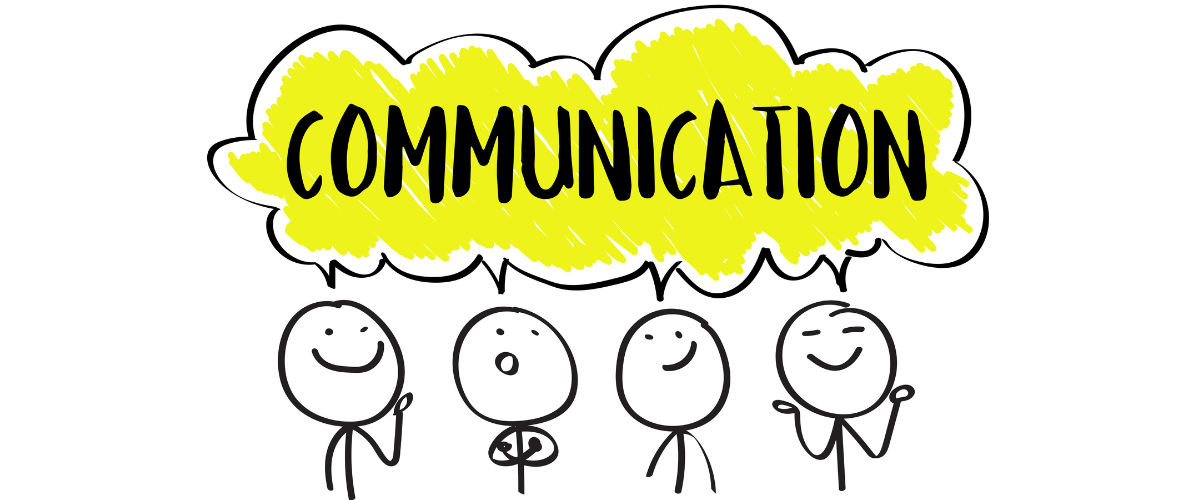Catalonia is committed to "easy communication" in news, procedures and consultations

The Government of Catalonia has published a clear communication guide, which has been put in place to help those who, in the administration, create content. The idea is to make communications more understandable and simple, whether it is a news, a procedure, a notification or an administrative act.
The guide aims at a new model of relationship with citizenship. Clear communication makes the messages understandable and facilitates access to procedures and consultations. The ultimate goal is for communication to be direct, to favor a relationship model based on trust and security that gives understanding of information.
Use an active voice, explain an idea by phrase, list the information whenever possible, use a language appropriate to the person who will read the text, use synonyms... These are some of the tips given, as well as examples of how language should be in areas such as communication, administrative acts or legislation.
An example of the good reception of the project is the success of the call for the first easy language course: more than 2,700 employees of the Government and the Catalan public sector have enrolled.
The purpose of this course was to raise awareness about the importance of using easy communication, as well as to expose the positive impact it has on citizens. The intention was for the students to acquire the basic knowledge, to work on the accessibility of citizens to the communications of the administration. Thus, the first objective was to improve the writing of content and offer resources of style.
The proposed program answered the following questions about the use of simple language and its application in each area: What vocabulary should we use? Do you understand what we are saying? Are the syntactic constructions we use the right ones? Are the concepts ordered? Does the design make the text more understandable? Is there a unique design? Do you understand them? What about the decrees of the Official Journal?
These initiatives are part of the dynamic in favor of the "Plain Language" that different governments are adopting. We refer to the approach that took shape with the Plain Writing Act, a legislative initiative of the Barack Obama Government of October 13, 2010, which established that the communications that the Federal Government of the United States addressed to citizens should be written in understandable language.
In Europe, there are few countries (Sweden, the United Kingdom and Portugal) that have adopted the "Plain Language". The three countries have done it, still, in a very undecided way. In the same vein, the European Commission has issued a timid guide. Faced with this situation, ORU Fogar has endorsed this approach. The regions are betting decisively on technology, automating processes to overcome the blockade of bureaucracy. Beyond the technological bet, the real revulsive is to become the government of proximity. And this proximity happens, of course, by using an easy language that, without lacking legal rigor, allows the citizen to understand what is being said.
Ester Manzano, general director of Digital Services and Citizen Experience, who is promoting all these initiatives in Catalonia, admits that - today - the language used by the administration is far from easy. "We are very aware," she says, "we have a lot of work to do. We are doing it, putting the citizenship at the center of our action. We want citizens to feel safe and confident when they relate to us, to understand us, using clear communication."








































































